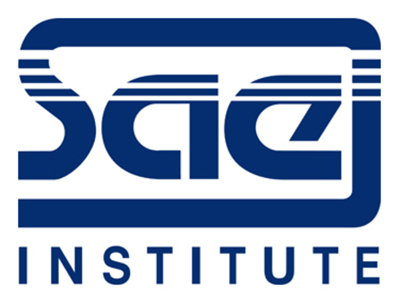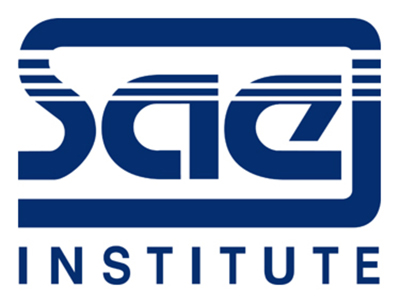Want a job in music?
With clearing coming up, you might be considering your next move. How about music school?


There's been a significant growth in professionally recognised music industry-related courses over recent years, equipping students young and not so young with new skills related directly to both the playing and production sides of the business. Up for a change? Here's our pick of where to begin…
One of the worldwide leaders in this area is SAE, founded by engineer/producer Tom Misner in 1976. With 52 campus locations across the world plus online courses, you can study anything from a short course in sound theory, live engineering, audio mastering, even 3D Animation and much more, to a diploma or honours degree in audio production, right up to a full masters degree in creative media practice in conjunction with the University Of Middlesex. Costs range from €375 for most short courses, up to €7,500 for a full 24 month masters degree plan. For further information on SAE, please visit the SAE site.

Also expanding is the BIMM network of schools - the Brighton and Bristol Institute Of Modern Music. BIMM has a heavy focus on professional playing, offering courses in guitar, bass, drums, vocal, songwriting, keyboard, live sound, music business and teaching. BIMM offers various diplomas, degrees and postgraduate courses, starting from around £1,250 for a full-time artist development diploma (if you're under 19, £4,500 if you're over 19). You can also study part time for a postgraduate certificate in further and higher education for £4,500. For more on BIMM and details on admissions, see their website.

The Academy Of Contemporary Music in Guildford remains a big player in professional music industry courses, offering masters degrees, undergraduate degrees, diplomas and part-time courses, covering all aspects of playing, production and the music business in general. Like BIMM, many of its students have gone on to professional-level posts right across the music industry - some are contributors to Guitarist, for example! For details on the ACM and details on admissions and costs, please see their website.

Guitar X in London, is part of a wider network of schools including Drumtech, Vocaltech and Keyboardtech. Again, you can study for a diploma, certificate, undergraduate degree, plus a whole range of part time and summer courses designed to equip you for the world of professional performance and playing, serving as the foundation for further music study such as a BMus (Hons). Course times and dates vary throughout the year. For more details on Guitar-X, please see their website.

ICMP in London, which includes The Guitar Institute, is also well worth a good look, with a range of full and part-time course that cover guitar, bass, drum, vocal and songwriting subjects, plus home studio recording and the music business. Check out what's available at their website.
All of the above schools are staffed by professional players and teachers, the combined credits of whom are an inspiration to anybody looking to work either as a guitarist, or in the wider world of the music industry. So if you're unsure of what to do next, or you have a burning ambition to be in the music business, start clicking a few links above to assess your options.
Want all the hottest music and gear news, reviews, deals, features and more, direct to your inbox? Sign up here.